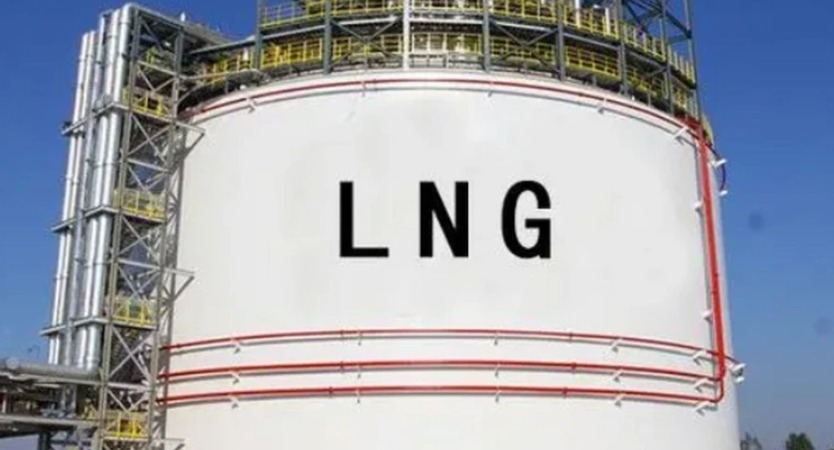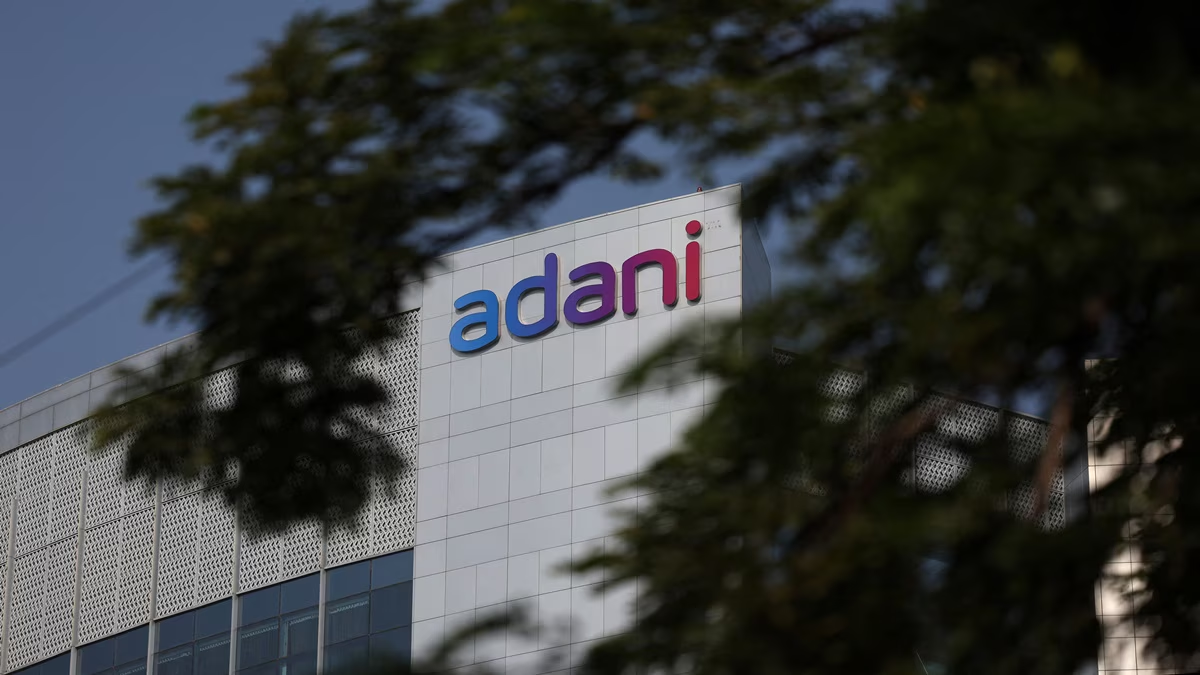 Image Source : World-Energy
Image Source : World-Energy
Sri Lanka's Energy Minister has stated that the country is still in the process of finalizing the procurement terms and contract for liquefied natural gas (LNG) supply with India. Despite growing energy ties and previous agreements on LNG supply projects, key contractual details remain under negotiation as Sri Lanka assesses its energy needs amid economic and geopolitical considerations. This development reflects the complex dynamics shaping South Asia’s energy landscape and the strategic importance of LNG cooperation between the two neighbors.
Key Highlights On LNG Procurement Status
Sri Lanka has yet to finalize LNG procurement contract terms with India, according to the Energy Minister.
Previous Memorandums of Understanding (MoUs) and proposals with India’s Petronet LNG remain under review.
Sri Lanka’s government is re-evaluating LNG supply options amid competing bids and changing energy strategies.
The decision comes alongside new LNG infrastructure projects progressing, some led by alternate international partners.
India remains a potential LNG supplier, with further tendering processes expected post infrastructure finalization.
Background On India-Sri Lanka LNG Collaboration
India’s state-run Petronet LNG signed an MoU with Sri Lankan firms to supply LNG to power plants in Colombo, aimed at supporting cleaner and more reliable energy solutions. These plans included infrastructure development for storage and regasification facilities, and multimodal LNG delivery systems using Indian LNG terminals.
However, delays and strategic shifts caused by Sri Lanka’s complex economic situation, alternative project bids, and logistical factors have slowed down the finalization of agreements.
Infrastructure Developments And Competing LNG Projects
Sri Lanka is advancing LNG terminal and pipeline projects, including partnerships with foreign firms from China and Japan. One major LNG import terminal tender previously awarded to a Chinese consortium raised geopolitical considerations affecting India's role.
Currently, the Sri Lankan government is balancing commitments to multiple partners while aiming for an energy transition that incorporates LNG as a cleaner fuel option alongside renewables.
Relevance Of LNG Supply To Sri Lanka’s Energy Security
LNG is a crucial component of Sri Lanka’s plan to diversify its energy mix, reduce reliance on costly and polluting fuels, and stabilize its power sector. Adequate, cost-effective LNG supply will support electricity generation, especially at key power plants designed to operate on gas, thus addressing chronic energy shortages and improving grid reliability.
India’s geographic proximity and growing energy export capacity position it as an ideal LNG partner, facilitating shorter supply chains and energy cooperation.
Next Steps And Outlook For Contract Finalization
Sri Lanka’s energy ministry indicated that while current negotiations are ongoing, new tenders will be floated once the LNG terminal infrastructure is operational. Indian companies, including Petronet LNG, are expected to participate actively, competing fairly with other global suppliers.
The timeline for formal contract signing remains fluid, influenced by domestic political decisions, project financing, and regional energy market developments.
Strategic And Geopolitical Implications
The LNG procurement talks are part of broader energy and infrastructure diplomacy in South Asia, where India and China vie for influence. India’s continued engagement in Sri Lanka’s energy sector is strategic for regional connectivity, economic partnerships, and energy security cooperation.
Successful LNG collaboration would solidify India’s role as a reliable energy partner and support Sri Lanka’s sustainable development goals.
Conclusion
Sri Lanka’s Energy Minister’s disclosure that LNG procurement terms with India are yet to be finalized highlights the intricate balance of diplomacy, commercial negotiations, and infrastructure readiness shaping this critical energy partnership. As both nations work toward mutually beneficial solutions, LNG remains a key factor in Sri Lanka’s energy future and in strengthening India-Sri Lanka bilateral cooperation.
Sources: Sri Lanka Ministry of Energy statements, Petronet LNG announcements, regional energy market reports, geopolitical analyses
Please get more news
Tariff Tensions Mount: What Southeast Asia’s Looming Economic Impact Means for Global Trade
Advertisement
Advertisement







